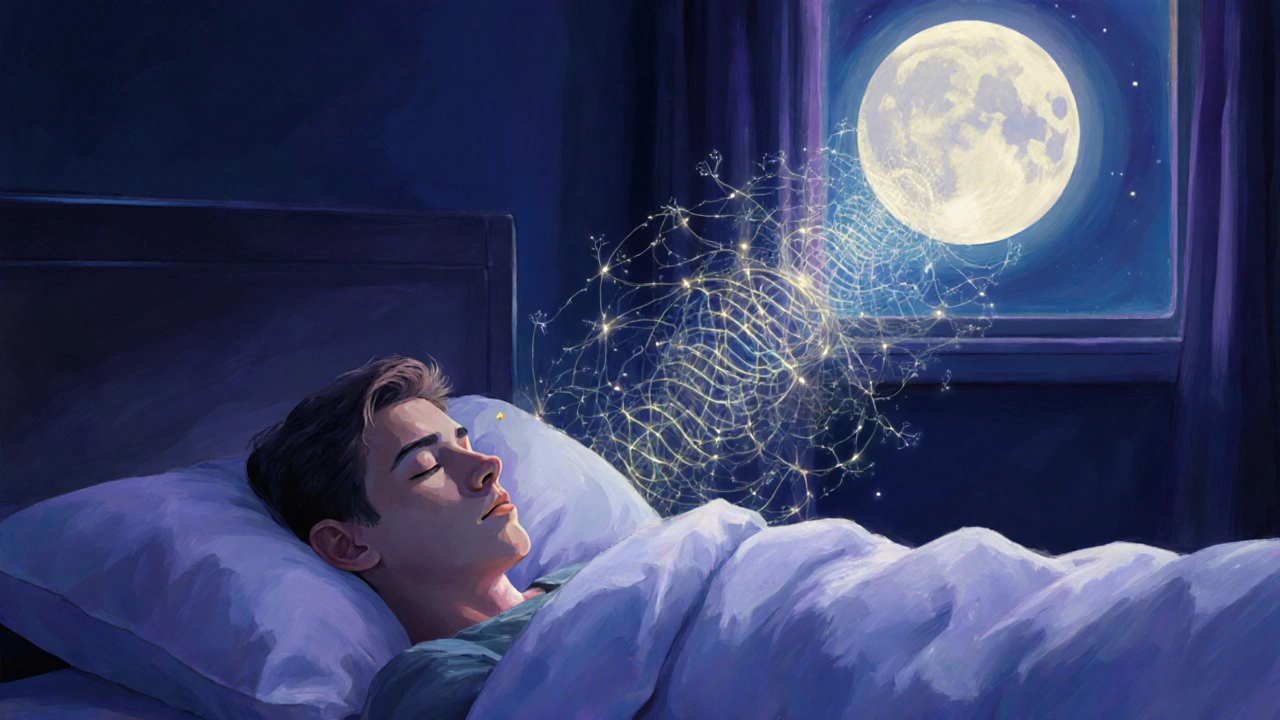Sleep Stages: Your Body’s Nightly Blueprint
When we talk about Sleep Stages, the recurring cycles of brain activity that happen while you rest. Also called sleep cycles, they shape how rested you feel in the morning. The two main types are REM Sleep, a phase with rapid eye movement and vivid dreams and NREM Sleep, the deeper, restorative phases without dreaming. Both depend on a healthy Circadian Rhythm, the internal clock that tells your body when to be awake or asleep. When this rhythm gets off‑track, or when a Sleep Disorder, conditions like insomnia or sleep apnea shows up, the normal progression of sleep stages can be disrupted, affecting mood, metabolism, and even how medications work.
Key Concepts
Why should you care about these cycles? Because many drugs interact directly with the brain’s sleep architecture. Antidepressants such as Effexor or antipsychotics like Olanzapine can suppress REM sleep, while sleep aids may boost NREM depth. Understanding which stage a medication influences helps you predict side effects like daytime grogginess or vivid dreams. For example, a patient on a benzodiazepine might notice shorter REM periods, which could impact memory consolidation. Knowing the link between sleep stages and drug action lets you talk to your doctor about timing doses to match your natural rhythm, potentially improving efficacy and reducing unwanted effects.
Below you’ll find a curated list of articles that dive deeper into how specific medicines, health conditions, and lifestyle habits intersect with each sleep stage. From practical tips on managing insomnia to explanations of how certain therapies affect REM cycles, the collection gives you actionable insight to make your nights more restorative. Dive in and see how a better grasp of sleep stages can boost your overall wellbeing.

How REM Sleep Boosts Learning and Creativity
Explore how REM sleep fuels memory consolidation, sparks creativity, and improves learning, with practical tips to maximize this vital sleep stage.
Read More